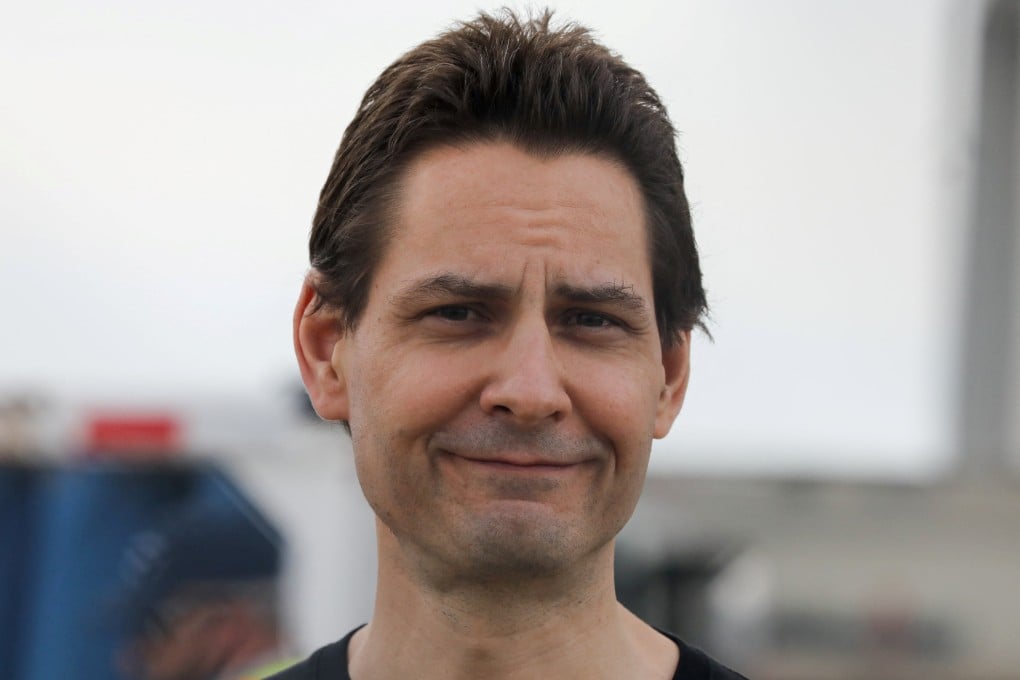My Take | Beijing’s spying charges against Kovrig were not without basis
Spook or not, the former diplomat detained in China over Canada’s arrest of Meng Wanzhou has shown grace and toughness that should instil pride

Quite remarkably, in his first public interview with the Canadian Broadcasting Corporation (CBC), he even thanked Ottawa and Washington for their efforts in getting him out of China after being detained for 1,000 days, of which six months were spent in solitary confinement. Now that’s magnanimity.
However, Kovrig said lingering suspicions that he was a spy still hurt him, an accusation made by Beijing, which he and Ottawa have all along denied. The CBC raised this question at the outset, realising its importance, but did not press on after what was effectively a one-word denial from Kovrig.
The interviewer asked by way of a comment: “What started happening is that a lot of people started saying, well, I guess that Michael Kovrig was a spy.”
Kovrig responded: “That really hurts. It hurts for a range of reasons. First of all, it’s not true.”
Unfortunately, the CBC did not press on, aiming, no doubt, for a more personal profile and a soft interview.
Despite denials by Beijing, it seemed clear that Kovrig and fellow Canadian Michael Spavor were detained in response to the arrest by Canadian authorities of Huawei Technologies’ top executive and its founder’s daughter Meng Wanzhou, at the extradition request of the United States. But it was actually the Canadian press, chief of which The Globe and Mail, that showed the Chinese charges of spying against both men were not entirely groundless.

